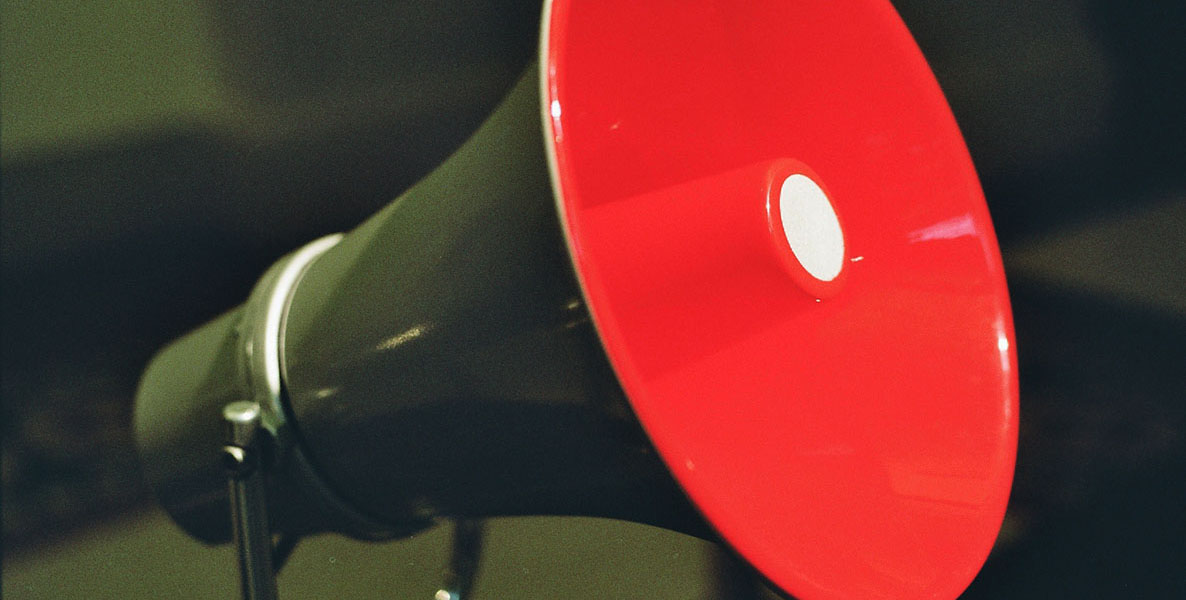What do you really think about what’s happening in Philadelphia? Do we need publicly-funded pre-K? Do you support more taxes? What is most needed in struggling neighborhoods? What incentives would get you to the voting booth?
No one really knows—and no one really asks. Few of us vote; fewer of us show up at city or school commission meetings to weigh in on decisions being made. And those laudable ones who do are the same passionate citizens exercised enough to make their voices heard—sometimes loudly. But volume does not constitute consensus, or represent the voices of regular citizens, living their lives all over the city, feeling the effects of decisions made on their behalf everyday. Instead, our leaders make decisions based on assumptions about what we think, or on what’s in their best interest.
As children’s author Lemony Snicket once wrote, “Making assumptions simply means believing things are a certain way with little or no evidence that shows you are correct.”
That’s why The Citizen is partnering with Temple University’s Institute for Survey Research (ISR) on a series of polls to gauge what real Philadelphians want for themselves and their city. We’re starting, this week, with a survey—co-sponsored by ISR, Young Involved Philadelphia and the city’s Department of Public Health—about Mayor Kenney’s proposed soda tax. And we’d like you be a part of that.
To do so, sign up with ISR’s BeHeardPhilly, which will send you a quick series of questions to get your opinion about the proposed tax on sugary beverages. You also will have the opportunity to opt in to take future surveys, some sponsored by The Citizen, through BeHeardPhilly.
If you do sign up, you will become part of what may be the most ambitious city polling project in the country. Through BeHeardPhilly, ISR aims to tap 10,000 Philadelphians to take regular surveys over the phone, through email or via text message. Using their list, ISR will be able to sift for certain populations or neighborhoods to conduct focused polls—what residents in a particular community want for their local school, for example—or pull from the whole group for a broad perspective on city issues. ISR Study Director Nina Hoe says this ready cadre of poll-takers will cut the cost and time for surveys, allowing more organizations to quickly gauge the opinions of their constituents. A survey of 500 people, for example, now takes several weeks and around $20,000; when BeHeardPhilly is fully-populated, it could take a few days and less than $5,000.
“What’s exciting is how much we can do with this,” says Hoe. “We’ll now have an easy way in a span of a couple hours to take the community pulse on any number of issues, by gender, race, neighborhood, and so on.”
Since November, BeHeardPhilly has enrolled around 1,000 participants, the largest chunk of whom are in Germantown, where they made their first big push, handing out flyers door to door and on busy street corners. That group has already taken four surveys, including ones for the Streets Department. By the end of the year, ISR hopes to have the full number, representing all areas and demographics of the city. In particular, BeHeardPhilly is focusing on what ISR is best at: Talking to underrepresented communities, whose voices are least likely to be heard at the polls or anywhere else—black men, for example, who vote at a lower rate and are typically hardest to reach in other surveys.
“We want this to be a civic engagement tool for all groups,” Hoe says. “Temple is a powerful name in Philadelphia that helps us to build trust. People know this is not a weird scam.”
The Citizen is partnering with Temple University’s Institute for Survey Research on a series of polls to gauge what real Philadelphians want for themselves and their city. We’re starting, this week, with a survey about Mayor Kenney’s proposed soda tax. And we’d like you be a part of that.
To get a sense of what the scale of BeHeardPhilly could mean, Hoe points to the Pew Charitable Trusts’ State of the City survey every year, which is used as a barometer of how Philadelphians view their city. Typically, Pew bases its results on around 1,600 interviews, weighting them to reflect the demographics of the city. (Which is the common method for polling.) The promise of BeHeardPhilly is a survey base more than six times that size. In fact, Hoe says ISR is working with Pew to do a shadow survey this year to compare demographics and results. In future surveys, it’s even possible that Pew will work with BeHeardPhilly to find out the State of the City.
Hoe says there is nothing like BeHeardPhilly, at least on such a large scale, anywhere else in the country. And the project is not without its detractors. The fact that BeHeardPhilly members have chosen to sign up means they are the ones who want to speak up—a self-selecting group that does not capture every Philadelphian. But survey research is always about opting-in: You choose whether to answer the pollster’s questions on the phone, or fill out the customer survey form that comes with your restaurant’s bill. “Response rates for polls are in the toilet right now across all sectors,” Hoe says. “We’re already not hearing voices from people who aren’t participating. With BeHeardPhilly, we’re at least drawing from a larger pool.”
To quote Lemony Snicket again: “Assumptions are dangerous things to make, and like all dangerous things to make—bombs, for instance, or strawberry shortcake—if you make even the tiniest mistake you can find yourself in terrible trouble.”
Let’s help lead our city away from trouble. Make your voice heard.
Correction: An earlier version of this story incorrectly stated Nina Hoe’s title. She is study director. Also, it stated that ISR did work with SEPTA, which it did not.





